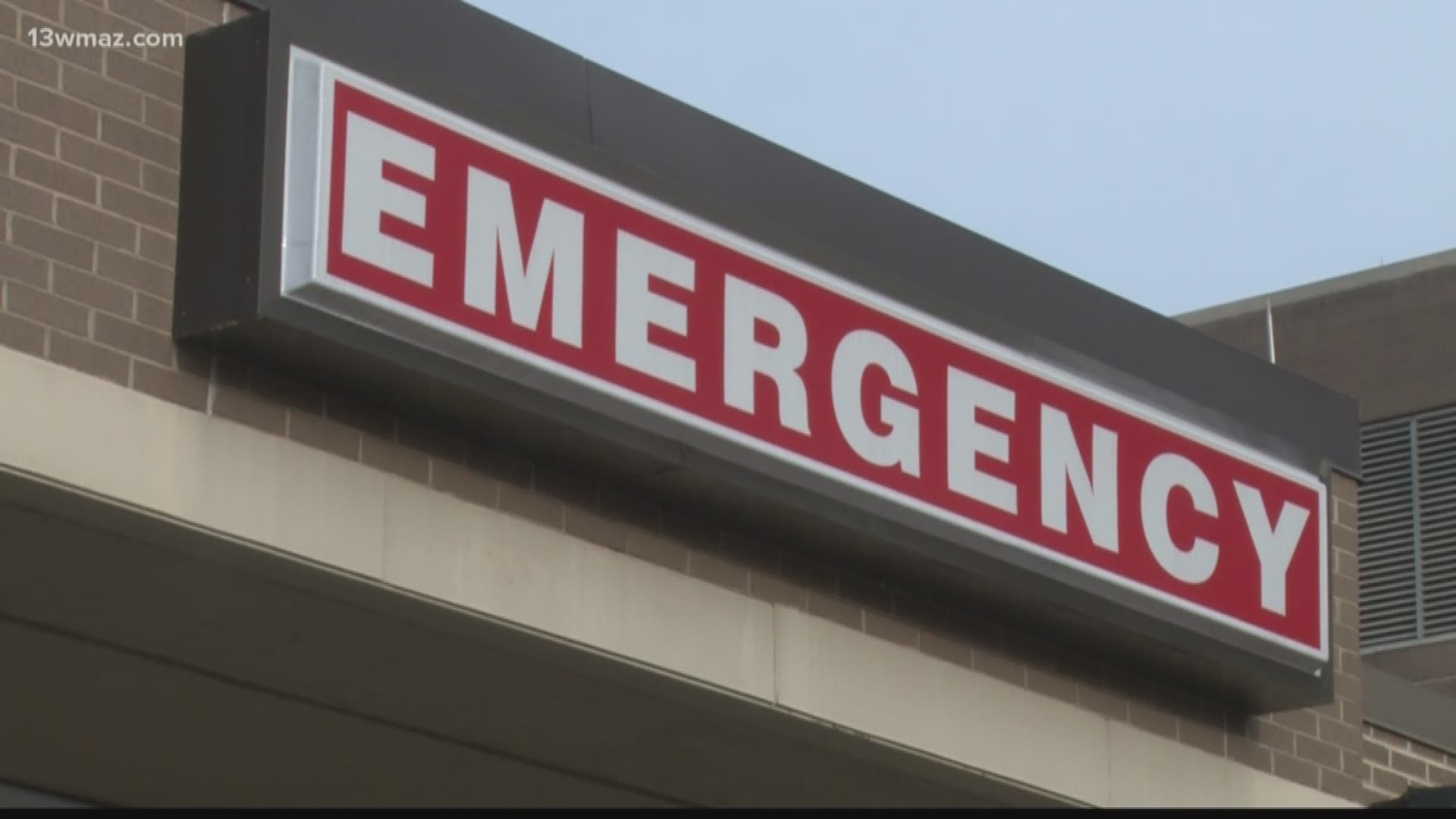MACON, Ga. — 52-year-old Ron Cannon says having a stroke was worse than having two heart attacks.
"I was gathering my clothes and everything and started feeling some tingling in my toes and in my fingers and within like 30 seconds, the right side of my body had gone numb," he said.
Being a nurse himself, he knew something was wrong when he started getting confused.
RELATED: Nonprofit group advocating for 'patient access to medicines' actually pushes drugmaker message
"At that point something was going on, and I'm thinking I might be having a stroke," Cannon said.
Over the next thirty minutes, he started losing his ability to talk and his right side was completely numb.
He immediately went to Coliseum Northside Hospital.
"It was the most terrifying, horrific experience I've ever had because I actually felt like I was trapped inside my own body because I couldn't communicate," Cannon said.
Neurologist Dr. Sourabh Lahoti says when it comes to strokes, what they call the door-to-needle-time is crucial, which is the amount of time it takes for the patient to receive the clot-busting drug called TPA after they arrive to the hospital.
Coliseum won an award at the Georgia Stroke Conference for having the shortest amount of time to give patients the drug among hospitals of the same size.
"The award was to have the highest percentage of patients getting the drug within 45 minutes. National recommendation is to give this drug within 60 minutes of a patient arriving to the hospital," Lahoti said.
Lahoti says treating stroke patients quickly makes all the difference, especially in Cannon's case
"[If] he hadn't got this medicine, he probably would've spent the rest of his life unable to talk," Lahoti said.
For that, Cannon is eternally grateful.
"I can't thank my coworkers enough for what they did for me and for Dr. Sanchez, and for how quickly they brought me back. That's the only thing I could call it, bringing me back," Cannon said.

